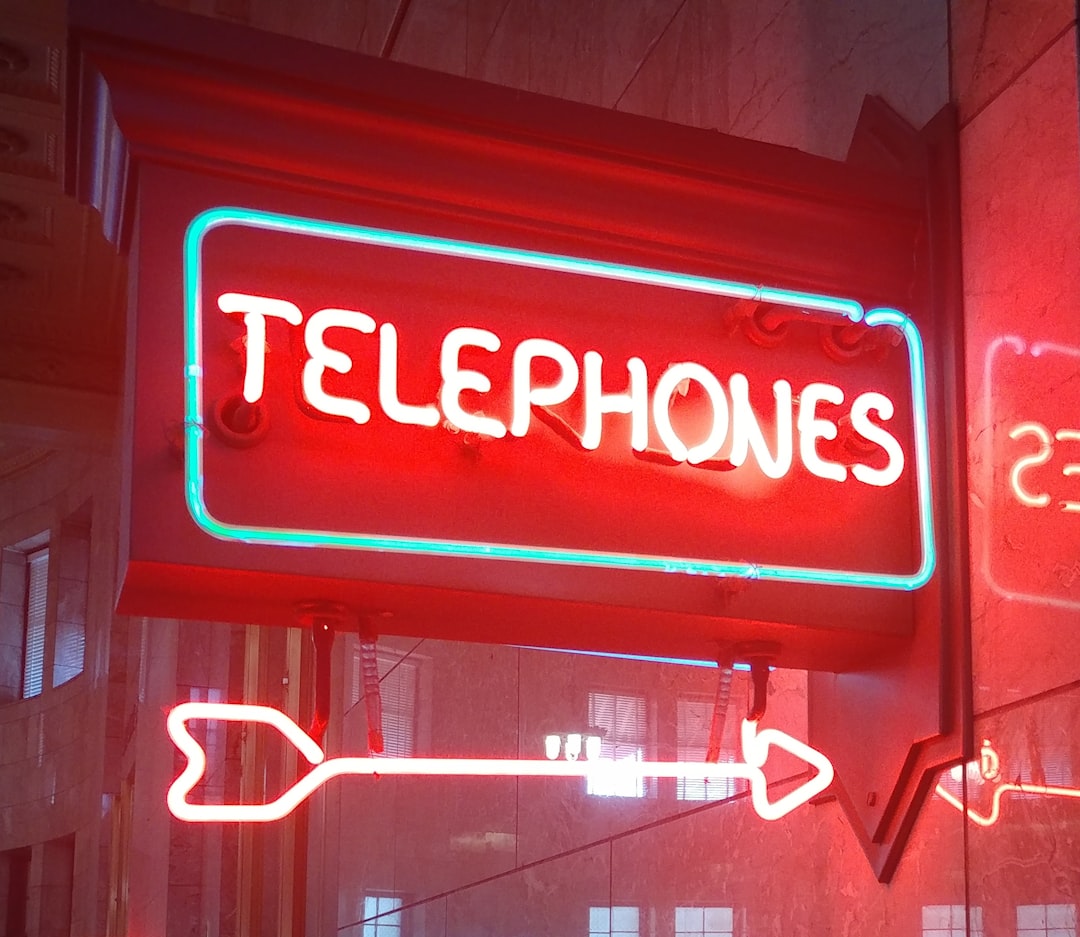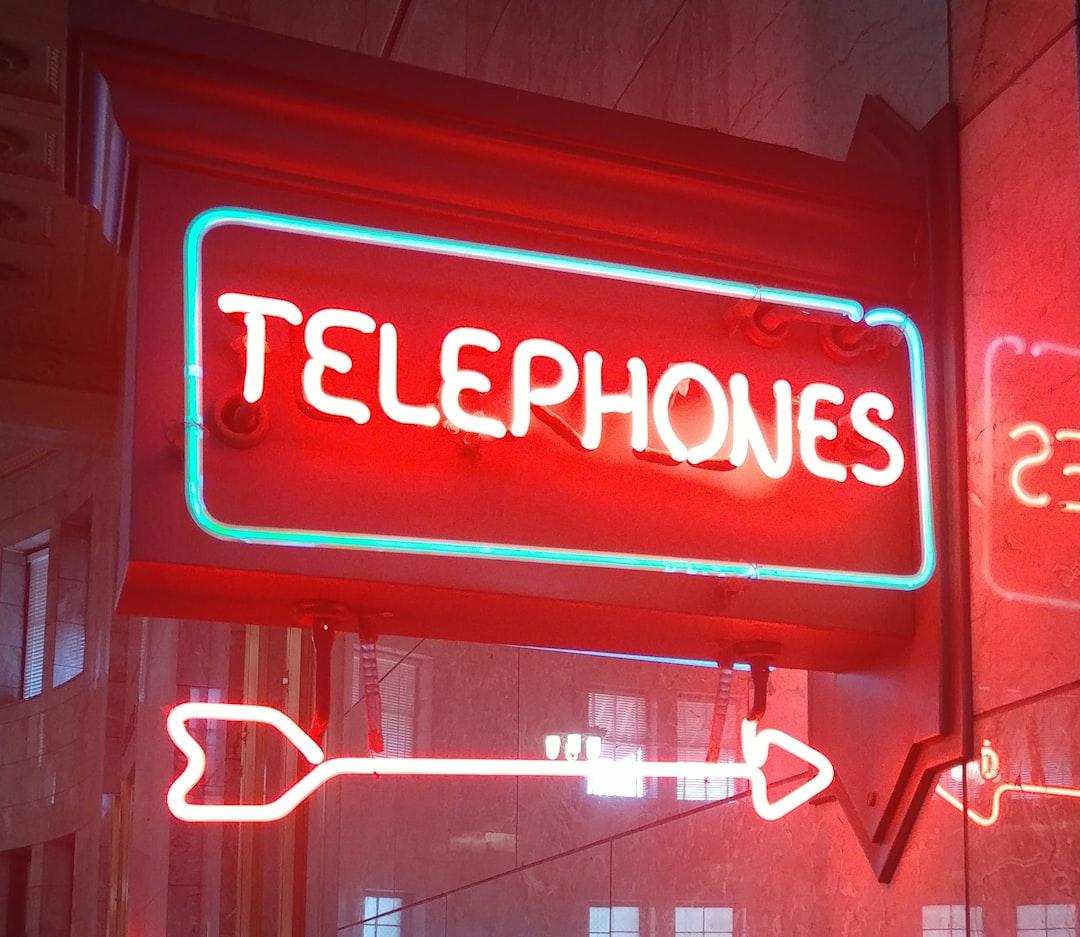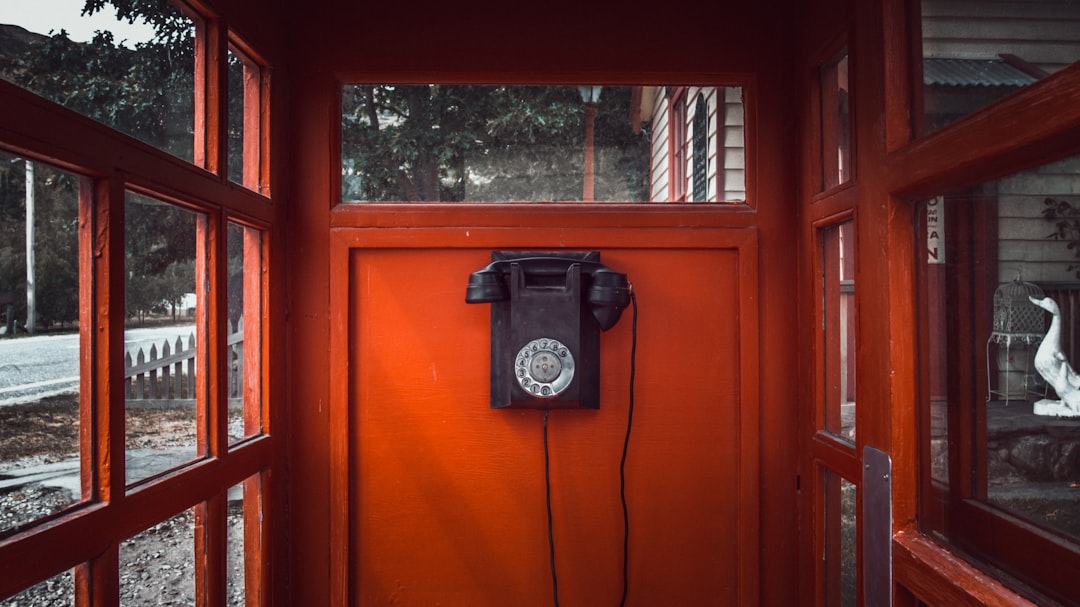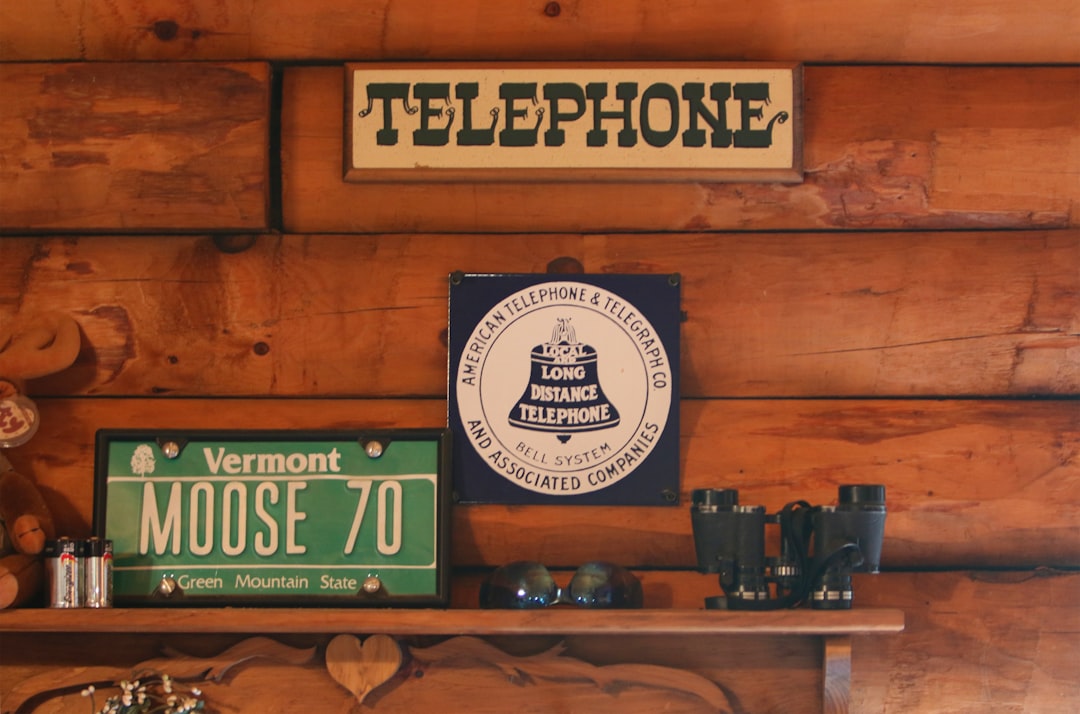Robocalls are a widespread issue in Wisconsin, with automated calls often used for marketing or political purposes. While the state's Do Not Call List offers some protection, many residents still face unwanted robocalls. The legal framework is defined by Wisconsin's Spam Call law, which prohibits unsolicited automated voice recordings or text messages. Residents can take action by reporting complaints, seeking compensation, or blocking calls with the help of a robocall lawyer or attorney specializing in telecommunications law. Key terms for SEO include 'robocall Lawyer Wisconsin', 'spam call law firm Wisconsin', and 'lawyer for unwanted texts Wisconsin'.
In today’s digital age, robocalls have become a persistent and frustrating reality. Wisconsin residents need to be vigilant in identifying these automated calls, which often violate state laws. Understanding the legal implications of robocalls is crucial. This article guides you through the process of recognizing spam calls, explaining their legal framework in Wisconsin, and offering practical steps if you suspect a violation. Discover how a robocall lawyer in Wisconsin can assist with Do Not Call list regulations and spam call laws, ensuring your rights are protected against unwanted communication.
Understanding Robocalls and Their Legal Implications in Wisconsin
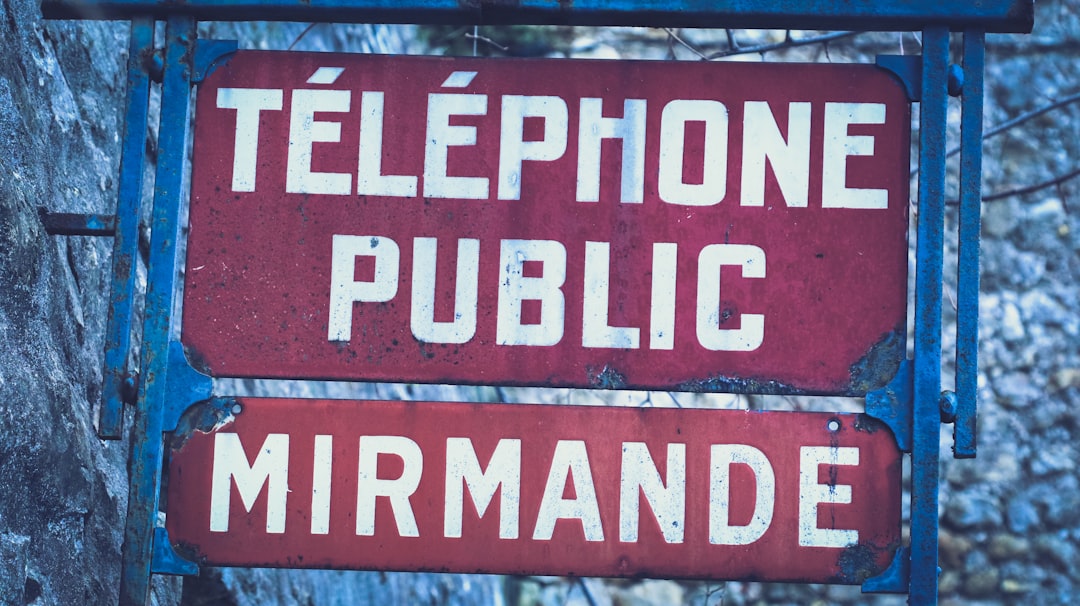
Robocalls have become a pervasive and often frustrating aspect of modern communication, especially in Wisconsin. These automated phone calls, typically used for marketing or political purposes, are legal but can quickly turn into a nuisance when they become unwanted or misleading. In Wisconsin, the Do Not Call List is a state-regulated program designed to protect residents from excessive spam calls, but there are still many robocalls that slip through the cracks.
The legal implications of robocalls in Wisconsin are defined by the state’s Spam Call law, which prohibits automated voice recordings or text messages sent without prior express consent. If you’re receiving incessant or deceptive robocalls, you may have recourse. Consulting with a robocall lawyer or attorney in Wisconsin who specializes in telecommunications law can help you understand your rights and take appropriate action, whether it involves registering complaints with the state, seeking financial compensation, or blocking future calls from specific numbers.
Common Signs Indicating a Possible Robocall

Robocalls have become a prevalent and often frustrating issue for many residents in Wisconsin. Identifying these automated calls quickly is essential, especially when they could be illegal spam or harassment. There are several telltale signs that can help Wisconsins residents recognize a robocall almost immediately. One of the primary indicators is an unexpected call from an unknown number. If you receive a call and the area code or the caller’s name is unfamiliar, it might be a robocaller attempting to reach as many numbers as possible.
Another common sign is silence after you answer. Robocalls often use automated systems that dial thousands of numbers rapidly, so if there’s no prompt response from a human agent, it could indicate a pre-recorded message or a spam call. Additionally, be wary of calls claiming to be from official sources or offering urgent matters, demanding immediate action, especially if they solicit personal information or ask for money. In Wisconsin, both state and federal laws protect consumers from unwanted robocalls, so knowing these signs can help residents take action by reporting such calls to their local Do Not Call law firms or seeking legal advice from a robocall lawyer in Wisconsin to understand their rights under the Spam Call laws.
The Role of Do Not Call Lists and Laws in Wisconsin
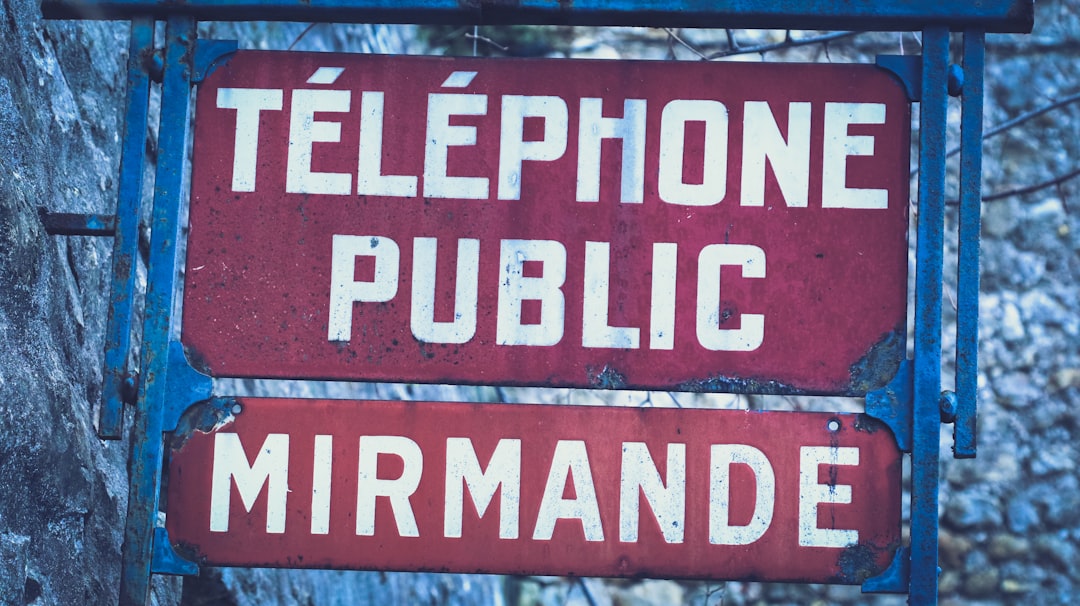
In Wisconsin, much like in many other states, the Do Not Call List (DNC) plays a pivotal role in mitigating robocalls and spam calls. This state-mandated list allows residents to opt-out of receiving marketing calls, thus providing a layer of protection against unwanted communication. However, despite these measures, robocalls remain a persistent issue due to evolving technologies employed by call centers. For instance, some automated systems can bypass DNC lists, highlighting the need for additional legal safeguards.
The Spam Call law in Wisconsin, enforced by dedicated law firms and robocall lawyers, offers further protection to residents. These legal professionals specialize in representing clients who have suffered from unsolicited calls or texts, helping them seek justice and compensation. By holding call centers accountable under the state’s robust robocall laws, these attorneys contribute to a safer and less disruptive telecommunications environment for Wisconsinites.
Steps to Take If You Suspect a Robocall Violation

If you suspect a robocall violation in Wisconsin, take immediate action to protect your rights. First, document the call by noting the date, time, and any specific details about the caller’s message or requests. Save any voicemail or text messages as evidence. Next, contact a reputable robocall lawyer Wisconsin or spam call law firm Wisconsin to report the incident. These legal professionals specialize in navigating the state’s robocall laws Wisconsin and can advise you on your rights and available options.
Consider blocking the caller’s number using your phone settings if it’s a known spammer, but remember this might not always be effective. For persistent or repeated violations, consult with an attorney to explore legal remedies. A robocall attorney Wisconsin can help you understand if there is grounds for a lawsuit under the Do Not Call law firms Wisconsin or other relevant state laws, and guide you through the process of seeking compensation or enjoining further unwanted calls.
Finding the Right Legal Assistance: Robocall Lawyers in Wisconsin
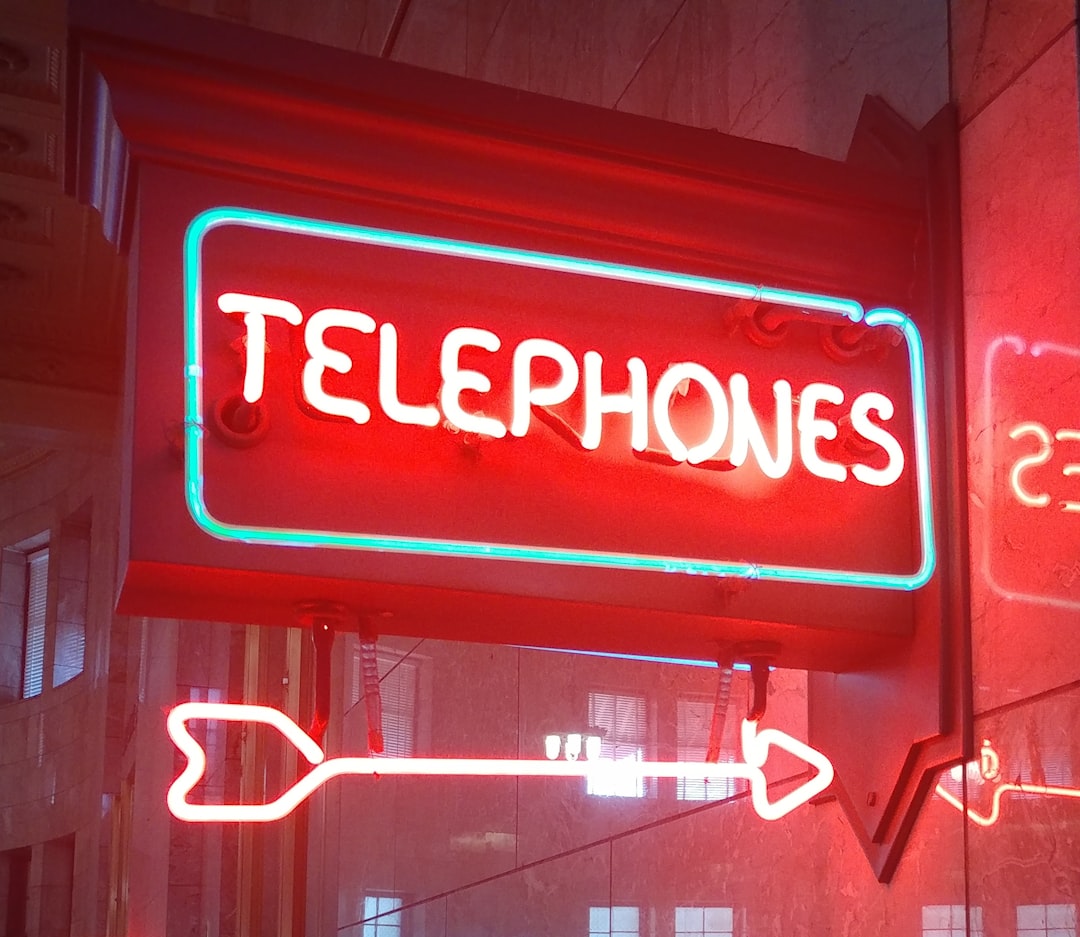
If you’re experiencing a relentless onslaught of robocalls in Wisconsin, it’s time to consider legal action. The first step is to find the right expertise – specifically, a robocall lawyer in Wisconsin who specializes in these cases. These attorneys are well-versed in the state’s spam call laws and can provide vital guidance on how to proceed. They can help you navigate the complexities of do-not-call regulations and ensure your rights are protected under the relevant robocall laws in Wisconsin.
Many law firms in Wisconsin offer their services specifically tailored to address issues related to unwanted texts and automated calls, making it easier for residents to fight back against intrusive robocalls. By engaging a legal professional, you gain access to resources and knowledge that can be incredibly valuable when dealing with persistent spam calls. They can assist with everything from sending cease-and-desist letters to representing you in court if necessary.
